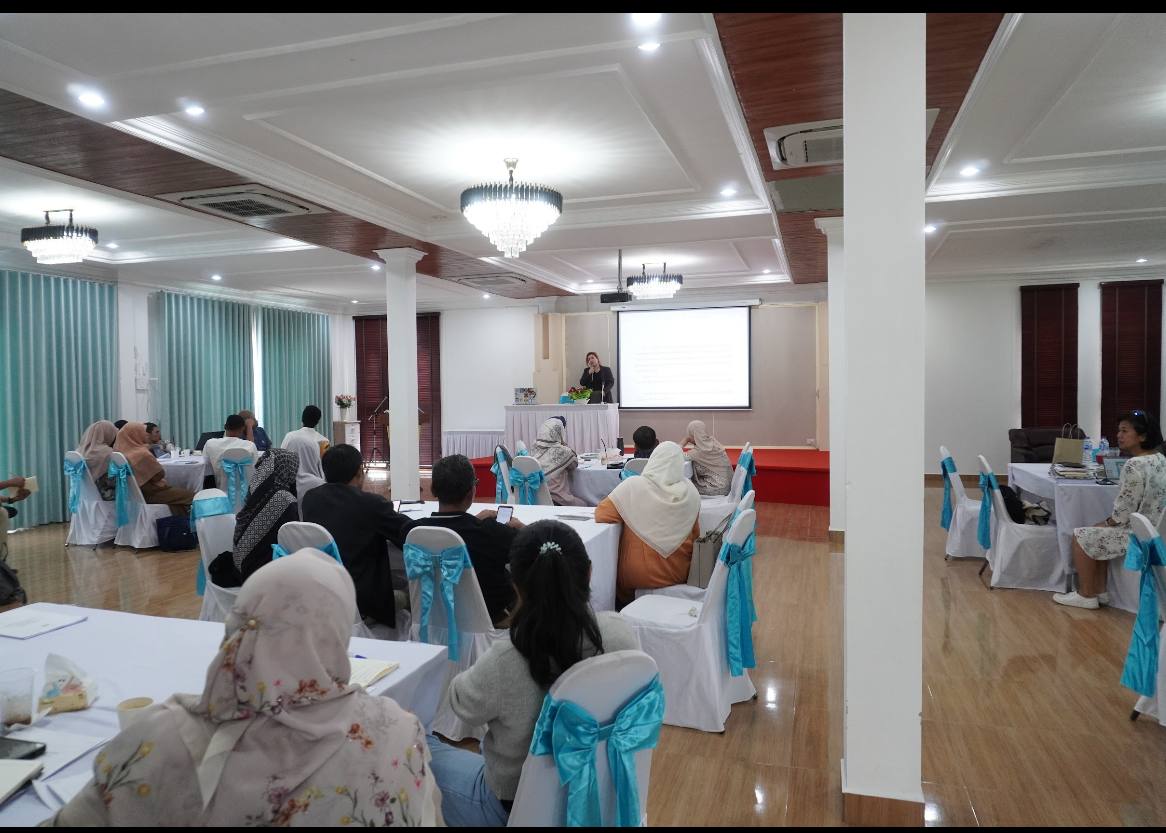On 22-23 June 2024, Human rights defenders and lawyers in Thailand’s southern border provinces participated in a training co-hosted by the ICJ, ARTICLE 19, and the Cross-Cultural Foundation, in Narathiwat province, to discuss upcoming advocacy rights with the UN human rights treaty bodies.
The central focus was on the upcoming examination by the UN Committee against Torture of Thailand’s Second Periodic Report on the performance of its obligations under the Convention against Torture and Other Cruel, Inhuman or Degrading Treatment or Punishment (UNCAT).
The Committee will conduct the review during its 81st session from 28 October to 22 November 2024.
The workshop aimed to enhance participants’ understanding of UN human rights mechanisms, particularly treaty bodies, and to strengthen advocacy efforts and networking. It explored various approaches and benefits of engaging with these mechanisms to protect human rights in their respective areas of work.
Thirty-three human rights defenders and lawyers specializing in monitoring and documenting allegations of torture, ill-treatment, and enforced disappearance in Thailand’s southern border provinces participated.
Thailand’s southern border provinces, known as the Deep South, encompass the modern Thai provinces of Pattani, Yala, and Narathiwat, as well as four districts of Songkhla province. The area is predominantly populated by ethnically Malay Muslims. Violence escalated in the region beginning in 2004, leading to over 7,500 deaths, more than 14,000 injuries, as well as numerous allegations of torture, ill-treatment, enforced disappearances, and extra-judicial killings reportedly at the hands of authorities over the past 20 years.
During the training, several ongoing concerns regarding Thailand’s non-implementation of and lack of compliance with the provisions of the UNCAT were considered by the participants, particularly concerning the southern border provinces. These would be incorporated into stakeholder submissions to the Committee. They include:
- Failure by Thai authorities to review without delay the existing emergency laws and practices, and repeal those incompatible with its obligations under the UNCAT;
- Lack of prompt, thorough, effective, independent, and impartial investigations into reports of torture, ill-treatment, and enforced disappearances;
- Ineffective, insufficient, inaccessible, and unreasonably delayed access to effective remedies for victims and their families;
- Inadequate improvements in prison conditions to eliminate cruel, inhuman, or degrading treatment; and
- Persistent barriers for persons from vulnerable groups in accessing legal protection and redress, such as women, children, and persons with disabilities.
Background
Thailand ratified the UNCAT in 2007.
Following the examination of Thailand’s initial report, the Committee against Torture adopted its Concluding Observations in June 2014, which highlighted areas in which Thailand was non-compliant with the UNCAT provisions. In the context of the southern border provinces, the Committee raised concerns, among others, on allegations of torture and other ill-treatment during states of emergency, routine use of torture and ill-treatment by security officials to obtain “confessions”, the use of enforced disappearances as a method of harassment and repression against human rights defenders, and barriers faced by Malay Muslim women in accessing legal protection.
In preparation for Thailand’s Second Periodic Report under the UNCAT, the Committee issued the List of Issues Prior to Reporting (LoIPR) in June 2018, seeking clarifications on various issues, including progress on the 2014 recommendations. Thailand submitted its formal response in December 2021, which constitutes its Second Periodic Report.
Key speakers at the workshop included:
- Pornpen Khongkachonkiet, Director, Cross Cultural Foundation
- Sanhawan Srisod, Legal Adviser, ICJ
- Somchai Homlaor, Senior Adviser, Cross-Cultural Foundation





